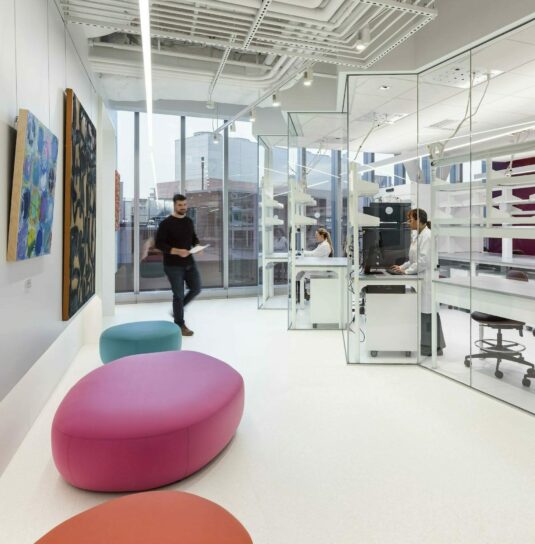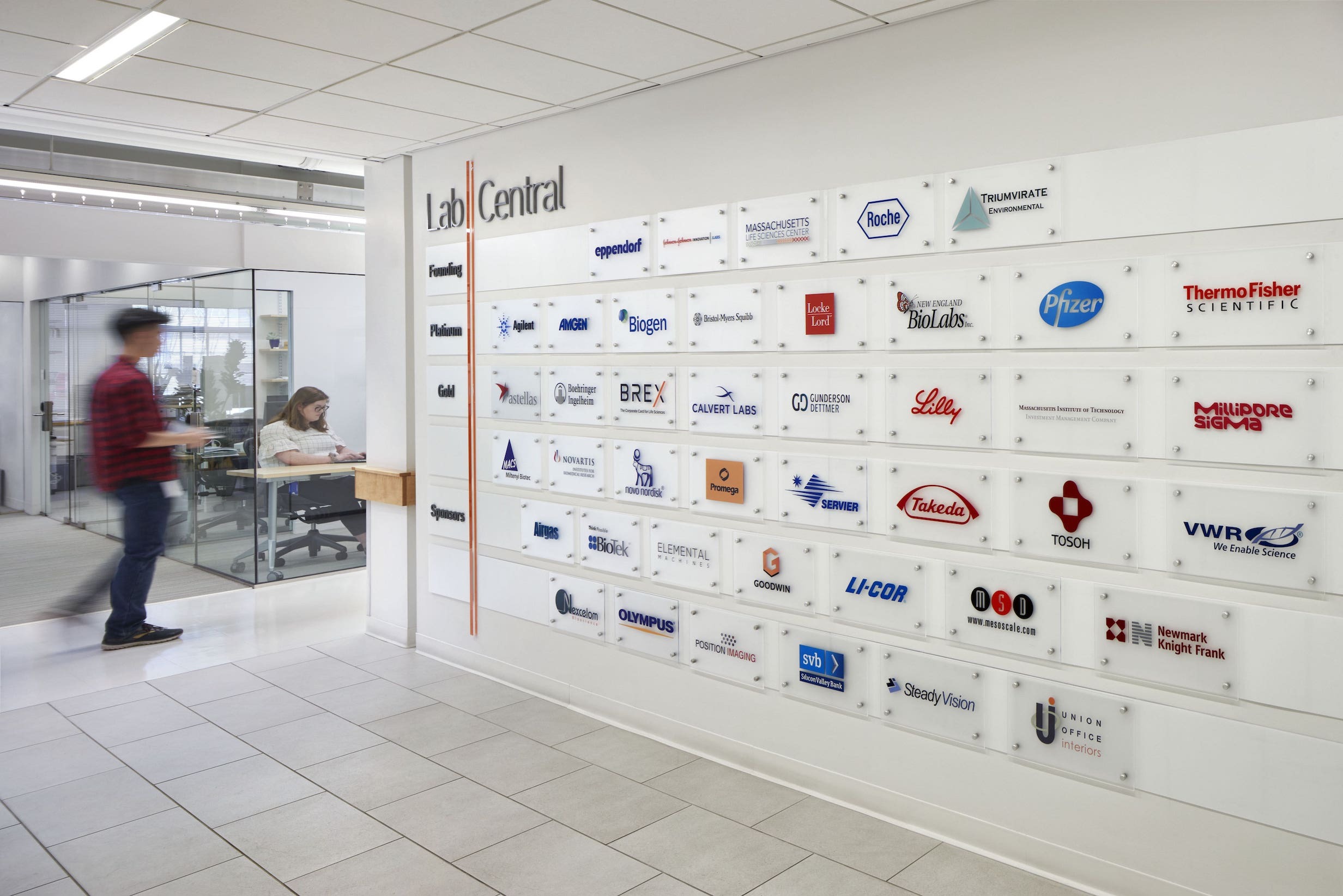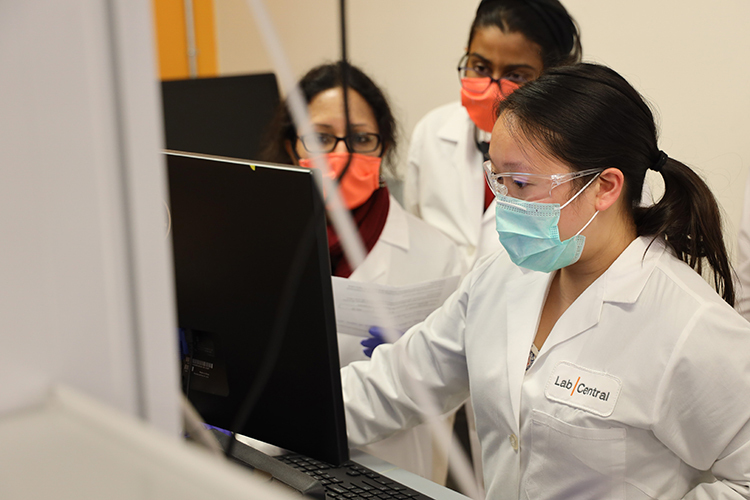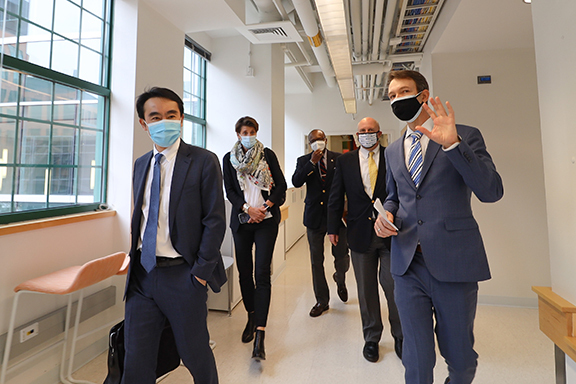About LabCentral
Our Story

LabCentral was founded in 2013 with the goal of reimagining the innovation pipeline of the biotech and life sciences industry.
Our founding partners sought to cultivate an ecosystem that would serve as a dynamic and diverse environment for entrepreneurs and scientists to test their ideas and bring novel, life-saving technologies to market, and ultimately to save patients lives.


More than just lab space, LabCentral is a community designed to inspire collaboration, share ideas, and build the connections necessary to create a sustainable and thriving biotech and life sciences industry.
Our non-profit status allows us to allocate resources based on needs and opportunities that result in a return on innovation in service of human health.
We Create Opportunities That Empower Innovation By Building Community.

A Better Way for Life Science Start Ups

Our Vision: We see a world where the innovations necessary to improve patient outcomes and save lives are developed rapidly, effectively and with lasting impact.
"LabCentral takes care of the operational burden so you can stay focused on hiring the right people and testing your science. I can't describe enough how special this community is when you're trying to build a young company.
Biotechs need to be in Cambridge, specifically, Kendall Square, and LabCentral is an adaptive and established model ready to set you up for success on day one".
Steven Brugger
CEO, Affinivax
Over the past decade, LabCentral has played a pivotal role in fostering innovation and collaboration within the life sciences community in the state of Massachusetts and beyond.
We have experienced remarkable growth as an organization, expanding our facilities to accommodate more startups and attracting a diverse range of entrepreneurs, scientists, and investors. Our impact on the biotech industry has been profound, nurturing groundbreaking discoveries, capturing broad venture capital investment, and contributing to the vibrant ecosystem of innovation that exists in Cambridge today.
SPONSORS

Our sponsors recognize the value of supporting early-stage life science research and startups, fostering innovation, and networking with the next generation of industry leaders. Sponsorship allows organizations to stay at the forefront of biotech advancements and identify promising investment or partnership opportunities.



